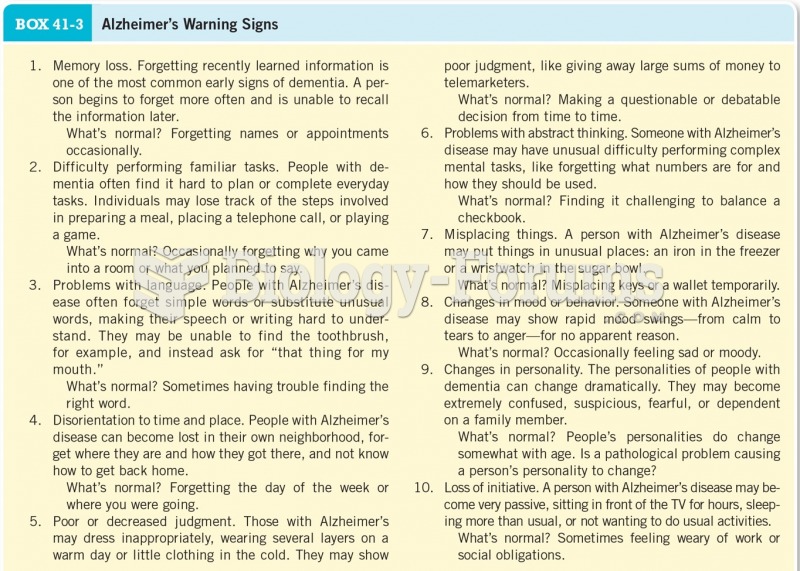Answer to Question 1
Some disorders are caused by mutations in single genes that are inherited at birth. The consequences of a missing or malfunctioning protein can seriously disrupt metabolism and may require significant dietary or medical intervention. A classic example of a diet-related, single-gene disorder is phenylketonuria, or PKU.
Approximately one in every 15,000 infants in the United States is born with PKU. PKU arises from mutations in the gene that codes for the enzyme that converts the essential amino acid phenylalanine to the amino acid tyrosine. Without this enzyme, phenylalanine and its metabolites accumulate and damage the nervous system, resulting in mental retardation, seizures, and behavior abnormalities. At the same time, the body cannot make tyrosine or compounds made from it (such as the neurotransmitter epinephrine). Consequently, tyrosine becomes a conditionally essential amino acid: because the body cannot make it, the diet must supply it.
Although the most debilitating effect is on brain development, other symptoms of PKU become evident if the condition is left untreated. Infants with PKU may have poor appetites and grow slowly. They may be irritable or have tremors or seizures. Their bodies and urine may have a musty odor. Their skin coloring may be unusually pale, and they may develop skin rashes.
The effect of nutrition intervention in PKU is remarkable. In fact, the only current treatment for PKU is a diet that restricts phenylalanine and supplies tyrosine to maintain blood levels of these amino acids within safe ranges. Because all foods containing protein provide phenylalanine, the diet must depend on a special formula to supply a phenylalanine-free source of energy, amino acids, vitamins, and minerals. If the restricted diet is conscientiously followed, the symptoms can be prevented. Because phenylalanine is an essential amino acid, the diet cannot exclude it completely. Children with PKU need phenylalanine to grow, but they cannot handle excesses without detrimental effects. Therefore, their diets must provide enough phenylalanine to support normal growth and health but not enough to cause harm. The diet must also provide tyrosine. To ensure that blood concentrations of phenylalanine and tyrosine are close to normal, children and adults who have PKU must have blood tests periodically and adjust their diets as necessary.
Answer to Question 2
The body continuously breaks down and loses some protein and it cannot store proteins or amino acids. To replace protein, the body needs dietary protein for two reasons. First, dietary protein is the only source of the essential amino acids, and second, it is the only practical source of nitrogen with which to build the nonessential amino acids and other nitrogen-containing compounds the body needs. Given recommendations that fat should contribute 20 to 35 percent of total food energy and carbohydrate should contribute 45 to 65 percent, which leaves 10 to 35 percent for protein. In a 2000-kcalorie diet, that represents 200 to 700 kcalories from protein, or 50 to 175 grams. The average intake in the United States is 80 grams per day.








